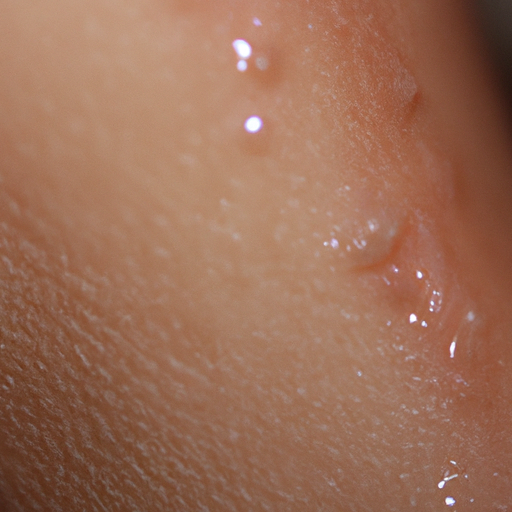As a dermatologist, I encounter patients with various skin types and conditions on a daily basis. One common concern that many individuals have is oily skin. This condition can lead to a shiny complexion, clogged pores, and frequent acne breakouts. However, with the right skincare regimen and lifestyle changes, it is possible to manage oily skin effectively. Here is a comprehensive guide to tackling oily skin.
Firstly, it’s important to understand what causes oily skin. Our skin naturally produces oil (sebum) to keep it moisturized and healthy. However, factors such as genetics, hormonal changes, diet, stress, and environmental conditions can cause the sebaceous glands to produce excess oil. This overproduction can lead to a greasy appearance and various skin issues.
The first step in managing oily skin is proper cleansing. It’s crucial to cleanse your face twice a day – once in the morning and once at night. This helps remove excess oil and impurities that can clog pores. However, avoid using harsh soaps or cleansers as they can strip your skin of its natural oils, causing it to produce even more oil to compensate. Opt for gentle, oil-free cleansers specifically formulated for oily skin.
Exfoliation is another essential part of an oily skin care regimen. Exfoliating once or twice a week helps remove dead skin cells that can clog pores and cause acne. However, be careful not to over-exfoliate as it can irritate your skin and trigger more oil production.
Moisturizing is a step that many people with oily skin tend to skip, thinking it will make their skin even oilier. However, this is a misconception. Even oily skin needs hydration. When your skin is dehydrated, it can actually produce more oil to compensate. Therefore, use a lightweight, oil-free moisturizer daily.
Using the right makeup products can also make a big difference. Opt for oil-free, non-comedogenic products that won’t clog your pores. Also, consider using a mattifying primer before applying makeup to help control shine throughout the day.
Diet can also play a role in oil production. Consuming a diet high in processed foods, sugars, and unhealthy fats can stimulate oil production. Instead, opt for a balanced diet rich in fruits, vegetables, lean proteins, and healthy fats.
Stress management is another important aspect of controlling oily skin. High stress levels can stimulate the production of androgen hormones, which can lead to increased oil production. Therefore, incorporate stress-reducing activities such as yoga, meditation, or regular exercise into your routine.
Lastly, it’s crucial to consult with a dermatologist if you’re struggling with oily skin. A dermatologist can provide personalized advice based on your specific skin type and condition. They may also recommend treatments such as topical retinoids, chemical peels, or laser therapy to help manage oily skin.
In conclusion, while dealing with oily skin can be challenging, it’s certainly manageable with the right care and lifestyle changes. Remember that everyone’s skin is unique, and what works for one person may not work for another. Therefore, it’s essential to listen to your skin and adjust your skincare routine as needed. With patience and consistency, you can achieve a balanced and healthy complexion.



